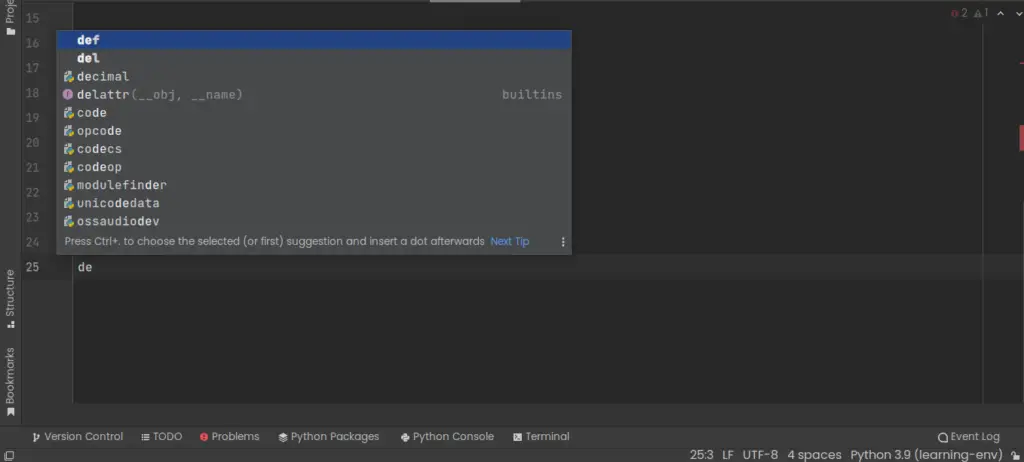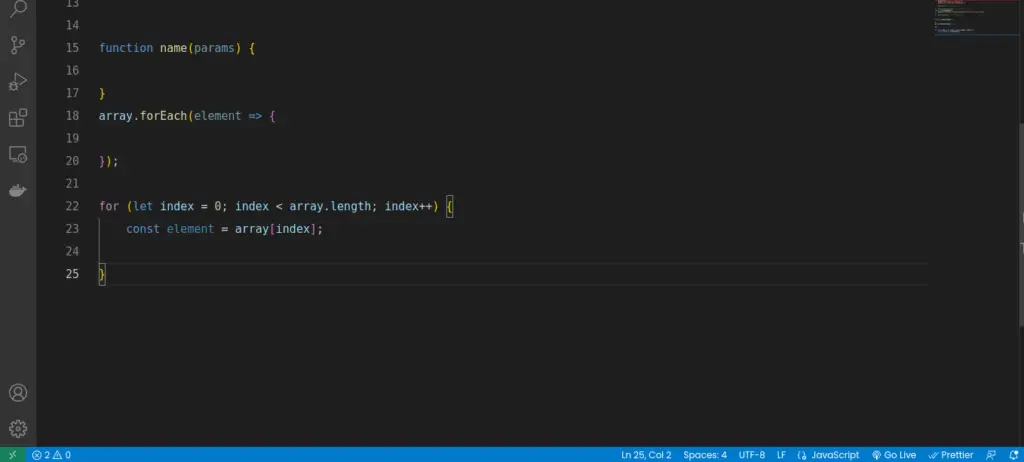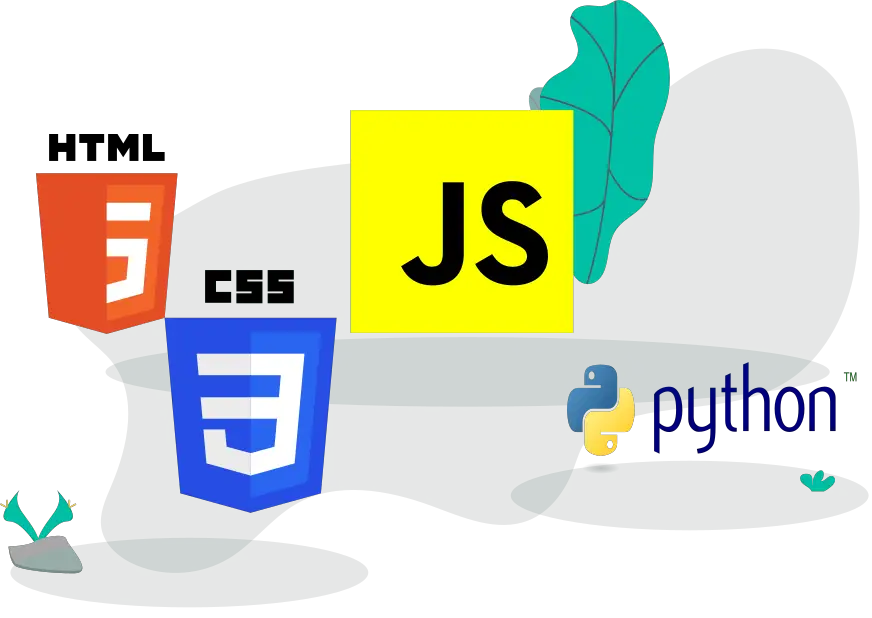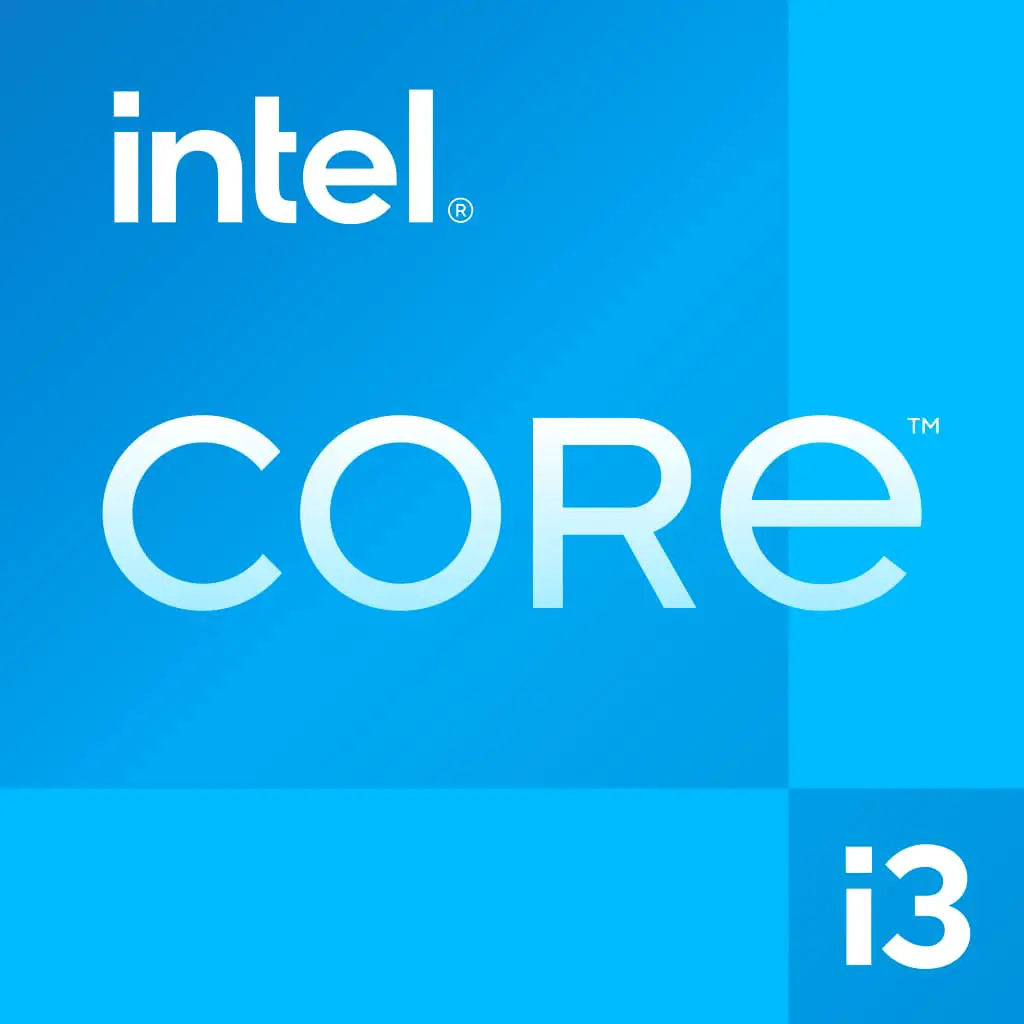Programmers must remember the correct syntax used in the programming language, library, or framework to write code efficiently. Otherwise, their program won’t compile successfully because the code would result in syntactical errors.
Programmers use different approaches to remember code syntax and efficiently write the correct code. These approaches include thorough practice that makes it easier to write correct syntax, memorizing, searching on the internet, looking up the documentation, and taking notes/tables/sticky notes on the most commonly used code syntax.
Here are the different approaches programmers use and my recommendation on the best approach for providing programming solutions.
Ways programmers can use to write the correct code syntax
Programmers remember code through practice
Programmers remember code syntax after repeatedly using a certain block of code. With each practice, programmers can understand the concept behind implementing certain code syntax.
The more a programmer understands the concepts behind a certain block of code, the easier it gets to remember the syntax when used again. For example, conditional statements allow validation of inputs before allowing execution of the code inside it. This is the concept behind conditional looping.
In Python, you would implement a conditional looping using an if…else code block. Here is an example:
name = 'Hearty'
if name:
print("Executing code because I must have something. Thus, can process the input")
elif not name:
print("Not executing because I do not have anything. Thus, cannot process")
I should use the following Python code to execute the same code but produce different results.
name = ''
if name:
print("Executing code because I must have something. Thus, can process the input")
elif not name:
print("Not executing because I do not have anything. Thus, cannot process")
I have used the two if…elif blocks two times. After a couple of iterations doing the same thing, it feels seamless to use if…elif…else statements in Python.
With practice and repetition, writing code efficiently becomes close to perfect.
So, if you want to write code faster in your preferred programming language or framework, ensure that you practice writing code daily. Practice at any time and place. You can also install apps that help execute code for popular programming languages on your mobile phone.
Practice makes perfect “programming easier.”
Programmers remember code by memorizing it
Another approach taken by programmers to ensure that they write the correct code syntax is to memorize the syntax. Some programmers memorize how variable names, conditional statements, looping, functions, classes, keyword meanings, e.t.c, are written in a particular programming language.
Memorizing is pretty common among beginners or ineffective programmers.
Memorizing code syntax is one of the most ineffective strategies for writing code. The reason is that memorizing code syntax will never help you to solve problems, which is the ultimate goal/objective of learning to code.
You can learn all the syntax for a programming language, but if you cannot use the knowledge and language as a tool to provide solutions, you are not an effective programmer. You will just be a person who knows Python syntax but cannot write a simple program to solve a simple problem such as addition.
Thus, don’t memorize code if you want to become an effective programmer. Instead, learn how to identify problems, create solutions, and use programming languages/libraries/frameworks as tools.
Searching on Google, StackOverflow, and GitHub
Google, Stack Overflow, GitHub, W3Schools, and blogs, among many other platforms, are great sources of information you can use as a programmer. Programmers find how to implement solutions into code, use the correct code syntax, and implement example code in these platforms. Whenever you get stuck, these platforms are excellent sources of information where you can find the right code syntax and implementation for your next software solution.
However, you should have research skills so that you can be able to ‘coin’ the correct keywords that produce accurate results. These sources may produce incorrect results if you don’t know the right keywords to use. So, here’s what you should do before you start using Google for research on your programming tasks/projects.
Using autofill and autosuggestion provided by IDEs
Popular IDEs and code editors, such as Visual Studio Code, provide autocompletion and autosuggestion for commonly used code blocks and statements.
Autocompletion completes the correct code block for you without having to write all the characters and keywords. You just need to type a few characters or part of common keywords, and the IDE or code editor autocompletes the statements for you.
For autosuggestion, the IDE or code editor provides a list of options you can choose. From the list, you can select a function, class, conditional statement, loops, e.t.c, and the editor will automatically write it for you.
Here are examples in Pycharm IDE and Visual Studio Code code editor:
Notice how Pycharm provides me with a list of options to choose from when I start writing the characters ‘de.’

I can choose the options def to autocomplete a function in Python or del for delete statement.
The same happens in Visual Studio Code. If I type the function keyword and press the TAB key, VS Code automatically creates an empty function block I can tweak. The same for forEach and for loop statements.

Programmers utilize these features in code editors and IDEs to write code efficiently without spending time remembering the correct syntax. Otherwise, they spend time thinking of the logic/algorithm that best solves the problem.
Looking up through the documentation and books
Programmers may look for the correct syntax in the programming language’s or framework’s documentation. Besides, they may use old projects for reference, making them quickly remember the syntax used for a specific code block.
This strategy is similar to the practice approach because programmers have to look for the correct syntax a few times until they get it right. With a few iterations of looking up the code syntax, programmers can develop insight into the code blocks/statements. Thus, using the correct syntax becomes second to nature after a few lookups.
Writing most used code blocks on paper/note app
Writing the most common code blocks or statements when learning a new programming language can help you understand the syntax much faster. Programmers take notes or use apps or tables to record the commonly used code blocks.
Whenever programmers feel stuck or don’t remember the correct syntax to use for a particular block of code, they refer to the notes or the reference tables. That way, they do not have to spend too much time on Google, documentation, or books.
Recommended effective approach to remembering code syntax
Having used more than one programming language to provide solutions to clients, I found that writing effective code is easier and faster when you know the correct syntax.
However, remembering the syntax used in a particular programming language or framework does not make you an effective programmer. What makes a good programmer is the ability to use programming languages or frameworks as tools for creating solutions to real-world problems.
You can know all the syntax for a particular programming language or multiple languages. Still, if you can’t put all that into practice, you are just wasting time and mental energy.
To be an efficient programmer, you must not focus too much on code syntax but on how to use particular code blocks to provide a solution. You can become a very effective programmer without knowing all the syntax of particular programming.
Understanding how to implement code into a solution is far greater than memorizing the syntax. Therefore, the most effective way to learn how to develop solutions while learning the syntax of a programming language is to be involved in project-based learning.
Project-based learning allows you, as a programmer, to master code syntax while learning how to implement code into software solutions to real-world problems. That way, you do not have to focus too much on memorizing the syntax, which you will probably never use.
Instead, you develop algorithms and logic to solve a problem and implement them using code with a project. With research and prior experience, you can know which code block you can use to implement a particular logic. For example, you can use iteration and conditional code blocks to solve logic that repeats itself or requires pre-checks, respectively.
Therefore you must practice using the following ways to make it easier to remember the correct syntax and understand the concepts/logic behind it:
- You may use Google, documentation, W3Schools, StackOverflow, blogs, e.t.c, for research if you don’t know the correct syntax and logic behind it.
- You may practice by coding your projects or collaborating with other programmers.
As a programmer, you must cultivate the art of practice by creating your projects, collaborating with peers, or contributing to open-source projects on GitHub. When creating projects, you can understand the logic/concepts used in programming and refine your remembrance of the correct code syntax.
Project-based learning is a double-edged sword, with positives on both edges, where you can learn and understand programming concepts/algorithms and syntax.
Related Questions
Do you need to remember all the syntax used in a programming language/framework?
Should I memorize algorithms?
Do not memorize algorithms. Instead, understand the concepts/process/steps involved in an algorithm. The reason why you should not memorize an algorithm is that knowing an algorithm is not the end goal. The objective is to know how to implement an algorithm to solve a problem.
When you know how different algorithms work, you are in a better position to select the most effective and suitable algorithm to solve the problem. However, if you had just memorized a bunch of algorithms, you wouldn’t know how to apply the steps in a algorithm to solve a problem.
How can I learn to code and remember much without forgetting?
One of the most effective strategies to learn to code without forgetting is to practice a lot. You can practice on your own or collaborate with other programmers using tools like GitHub. Besides, to avoid forgetting what you have learned, you should focus on applying what you have learned by creating projects that solve problems.
Other ways that you can do to make programming and remembering easier are:
- Learn to look at other people’s codebases, see how they implement their solutions and learn from them. You will develop visual memory and improve your programming.
- Take notes when learning new concepts or concepts that are not easily grasped.
- Practice! Practice! Practice!
Is it okay/normal to forget the syntax when programming?
It is normal to forget the correct syntax for a certain code block or statements used in a programming language, library, or framework. One common reason why most programmers forget is due to the lack of practice regularly.
One of the most effective ways to remember much of what you learn in programming is to practice a lot. You should develop a habit of writing code on a regular basis to avoid forgetting the common syntaxes used in programming. One way to do that is to involve yourself in creating short and long term projects.
Conclusion
Programmers utilize various approaches to understand programming concepts and use the correct code syntax. These strategies include practicing writing code, memorizing, and using documentation/Google/books/articles for reference.
All the approaches mentioned above may work for some programmers. However, the most effective and efficient strategy is project-based learning which allows programmers to learn how to solve problems while practicing writing correct code syntax. That way, they can practice logic implementation without memorizing the syntax.







